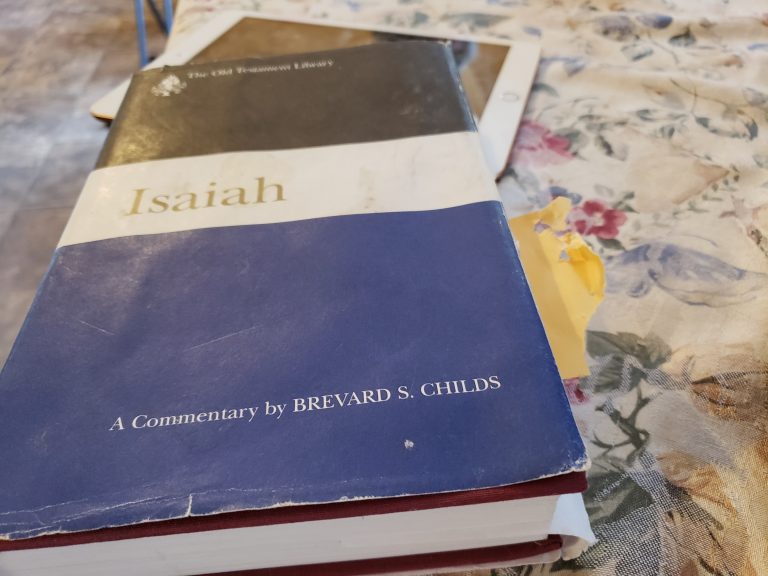Psalm 119:53 – Rage!
Rage seizes me because of the wicked,
Those who abandon your instruction.
As I read this I remembered one interesting point about reading the Psalms. These are largely a record of what people said in worship of, or in honor of God, and not necessarily instructions for us.
I immediately want to temper that with another thought: They are, however, an example for us. This poetry is the result of a deep and serious experience with God, and it became part of scripture through long use and recognition of its value.
There’s a reason many of us react negatively to a thing like this. We are concerned about strong emotions. Rage makes people do things they later regret. Rage can poison your life over time and even kill you. More frequently it kills other people. Rage is dangerous.
Our Christian response, one we regard as Christlike, is that we need to forgive. Often this need to forgive turns into passivity, a sort of forgiveness before the act which prevents us from reacting. I would suggest that forgiveness is not very real if it involves defanging the original hurt. Forgiveness says, “You hurt me. I’m forgiving you by God’s grace.” Passivity says, “That’s OK. I don’t matter in any case. I’m hear to be kicked around.”
When the rage is at those we perceive as wicked, there is also a question of witness. What possibility of sharing the gospel, or acting in accordance with the command to “love our neighbors as ourselves” do we have if we let rage at their perfidy overcome us?
Finally, how sure are we that we correctly recognize true wickedness, true abandonment of the way of righteousness? And again, this is a two-edged sword. Here, instead of fading into passivity because we deplore strong emotions, especially those perceived as negative, we are paralyzed by doubt about a correct course of action. I’m reminded of the military aphorism, mostly said of responding to a tactical situation, “Sometimes a bad decision is better than no decision.”
There is a time to be angry. There is even a time to act on one’s anger. The key question is to always ask ourselves why we are angry. The time to ask that question is not when you are seized by rage, as the Psalmist describes. At that point, your judgment may be bad, even disastrous. You need to think about what is right and wrong as opposed to what annoys or angers you.
If you are enraged because somebody doesn’t show you the respect you are due, it is not the same as being enraged at someone who is engaging in violence against those who are helpless. A person who sees a child being starved, beaten, or otherwise abused, becomes angry, and takes effective action is acting morally. Their emotions should be strong.
On the other hand, most of us have the tendency to see our way of life as normative without ever considering what is actually right or wrong. We more often tend to get enraged by infringement of our personal preferences than we do by actual harm.
Frequently, this type of rage occurs because we do not fully recognize the other person as a separate entity with a right (morally if not legally) to their own viewpoint and their own habits when they are not harmful to others.
It is important not to reject strong emotions. At the same time we are beings with both a spiritual nature and minds, and it is important not to let strong emotions become the driver.
This leads me back to two things I’ve been talking about a great deal in this series: meditation. People who have to respond to difficult situations spend time training to handle them, thinking about how to handle them, even practicing for the eventuality.
What things in our world should enrage you? What things should you push aside as mere annoyances?



